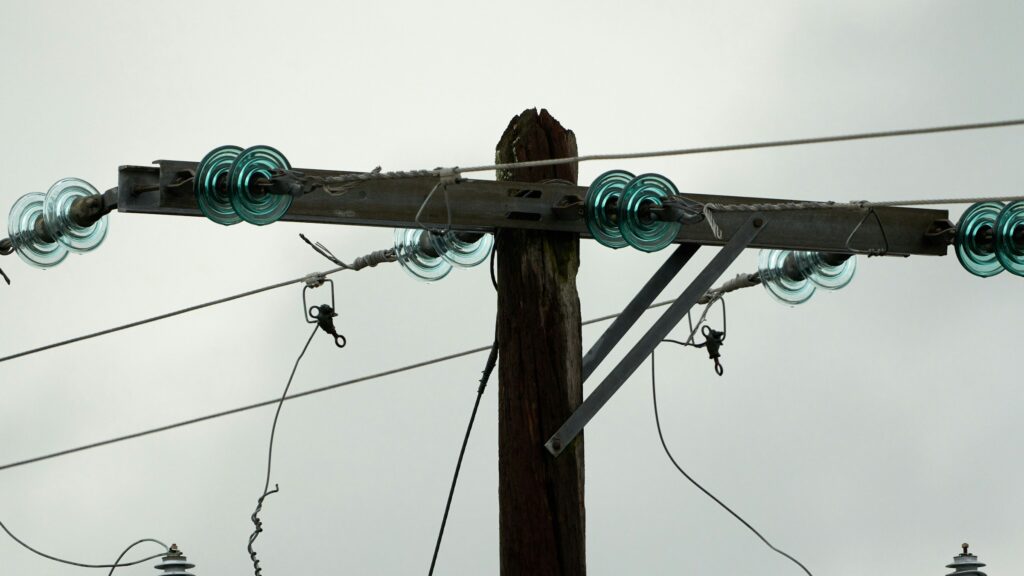
Learn why exporters thrive more than small business owners. From high costs, poor infrastructure, to limited finance, these are reasons why Nigeria small businesses struggle.
In 2025, Nigeria’s economy is divided. This divide is local traders struggling under tough conditions, while exporters make millions from global markets. Most of these traders face high costs, tight cash flow, and harsh rules. This guide explains why this gap exists and how small businesses can bounce back with smart moves.
Why Does This Gap Exist?
Small businesses employ 80% of the Nigerian population, while they struggle to survive. Your small business faces daily battles to stay open. Meanwhile, exporters tap into high-demand crops such as cocoa and sesame to earn from global buyers. This contrast shapes Nigeria’s growth path, where small businesses add jobs but lack the clout of exporters who drive 12% of GDP.
Read on to see why and how you can turn things around.
What Are the Challenges Facing Small Businesses in Nigeria?
1. Cash Shortages
Nigeria business struggles start with cash shortages. Small shops often lack loans due to the high interest rates of 28% in 2025. Banks favor big firms over small traders like you. This leaves you stuck, unable to grow or even stock up.
Debt traps are common, as loans with 30% rates choke your profits. Loan defaults also reduce your loan chances, locking you out of future funding. With inflation at 25%, every naira you borrow buys less. Joining a cooperative or applying for SMEDAN grants could ease these cash woes.
2. Power Outages

Nigeria’s businesses also face power outages, which interrupt their operations. These businesses spend a lot to keep generators running. The money spent on maintenance cuts into profits, affecting the availability of cash for goods or staff.
A hair salon facing power outages spends on fuel to keep clippers and dryers working. This extra cost could easily be used to hire a stylist or buy new products. Across Nigeria, the unreliable power supply sends customers away. To handle this trap, research local vendors or government programs for affordable solar kit options.
3. Taxes and Permits
The need to pay taxes and obtain permits adds pain. Local governments demand multiple fees, which cost thousands yearly. Small owners lose time and money navigating red tape. Registering a small shop requires weeks of hard work and incurs thousands of dollars in bribes or delays.
The 2025 tax reforms aim to simplify things, but small businesses still face layers of local taxes. Keep detailed records of payments and join a trade association like NASME to access fairer rules. Their workshops can teach you how to handle paperwork faster.
4. Market Access
Small firms compete with cheap imports. Local shops can’t match those prices, so customers go elsewhere. In markets like Onitsha, imported goods undercut your sales. With Nigerians spending less due to 25% inflation, businesses need to make sales.
To stand out, focus on unique products that imports can not copy. Sell on platforms like Jumia or Instagram with a wider audience. Start small with a social media page to test the waters.
5. Skilled Workers
Skilled workers in Nigeria are scarce and in short supply. Many youths lack training, so businesses pay more to hire decent staff. This squeezes tight budgets. With 80% of SMEs relying on just a few employees, losing one employee can be a significant issue.
Train your own staff through SMEDAN’s free workshops. Partner with schools for loyal workers. This is a slow fix, but it saves your cash in the long term. Start small to build your team.
6. Poor Planning
Many owners skip budgets or market research for their businesses. This leads to quick cash burnouts. Without a plan, your money is exhausted fast. In Nigeria, 50% of small businesses fail in their first year due to poor planning.
Use Google Forms to conduct surveys of your customers. Also attend workshops to learn budgeting. Take time weekly to track sales and plan. It is a small step that saves you big.
Export Business Success: Why It Works
Global Reach
The success of export businesses in Nigeria comes from global reach. Selling to Europe or Asia skips Nigeria’s weak demand. Cocoa farmers earn in dollars, which offers value despite the 25% inflation. As exporters earn in dollars, they avoid local price hikes.
Government Support
Government support also lifts export businesses. NEPC’s free training helps exporters master global trade. Farmers learn to meet EU standards, boosting sales. Small exporters can join via www.nepc.gov.ng to have an edge over local shops.
Scalability
Scalability matters too. Exporters scale with big shipments and lower costs per unit, unlike small shop sales. Exporters make more profits because they scale their businesses. Small businesses can join cooperatives to mimic this.
Currency Gains
Currency gains seal the deal. Dollars earned abroad convert to more naira due to the weak naira. It increases profits further than your shop’s daily sales. While local sales try to keep inflation, exporters stay ahead financially.
What Small Businesses in Nigeria Can Learn from Exporters
- Start with niche products such as organic spices. These fetch better prices.
- Use digital tools. Online stores reach wider markets. Apps like Jumia open doors for small sellers.
- Seek government aid. Programs like SMEDAN offer grants. These ease cash flow woes.
- Partner up for scale. Join cooperatives to share costs. It mirrors exporters’ bulk strategy.
- Tech adoption is also key. Free apps track sales and stock. It helps owners plan better.
Conclusion
Currently, the Nigerian economy does not make it easy for your small business to thrive. From cash shortages to power outages, the struggles are real. They eat into your profits and dreams. It also clarifies the navigation small businesses go through.
Exporters thrive by tapping global markets and government aid. Small businesses in Nigeria can learn from this. Niche products, digital tools, and co-ops offer hope. Push for better loans and power, too. Act now to shift the tide.
Ready to join training or explore exports in Nigeria? Join the SimplVest newsletter for more tips.












